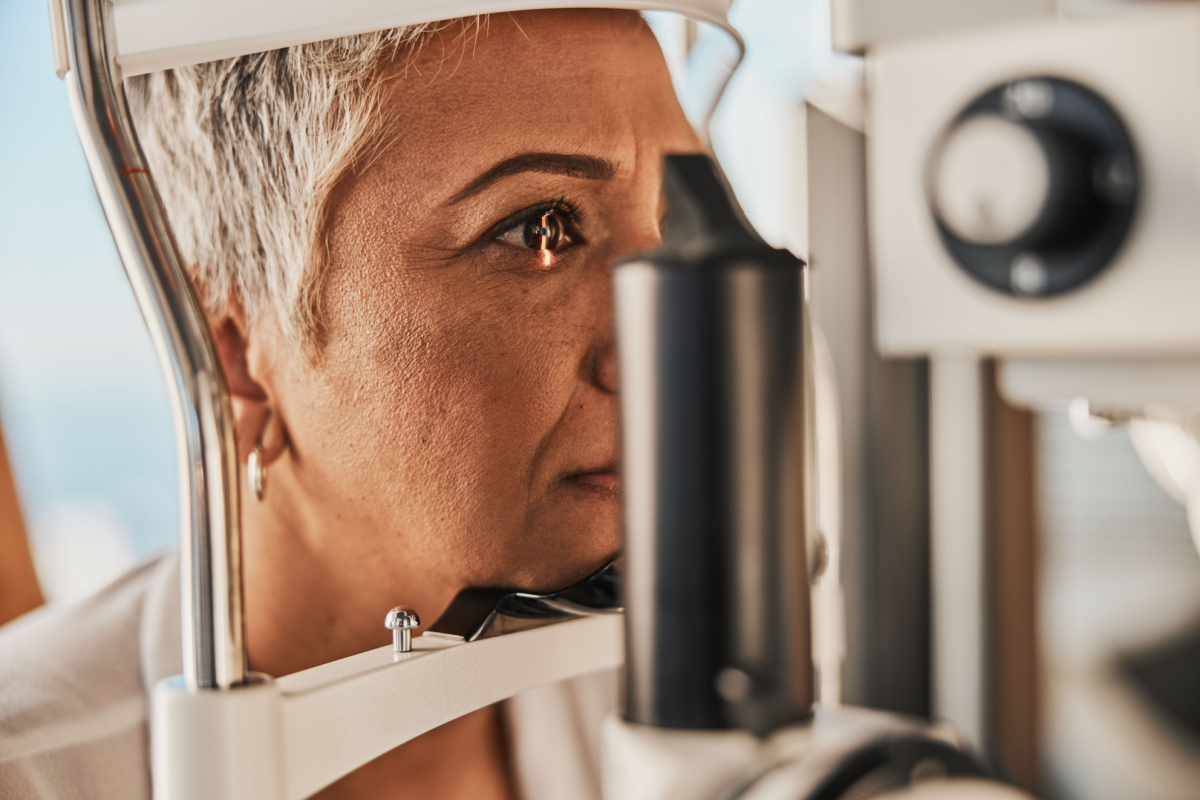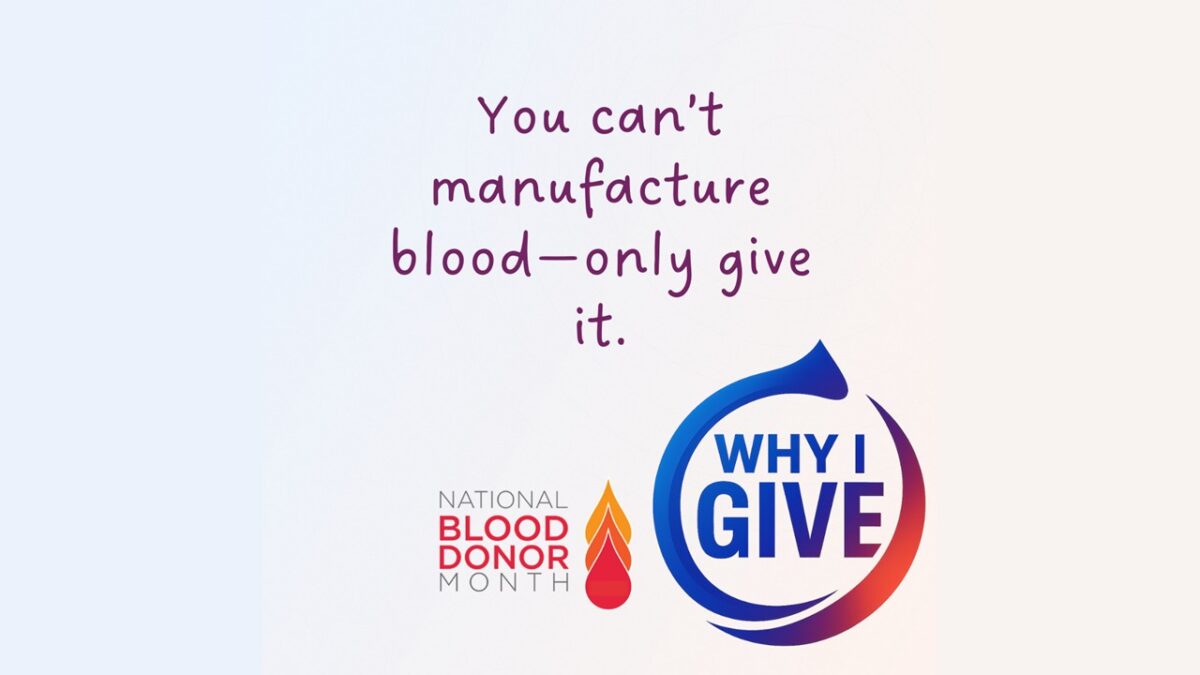In today’s complex healthcare landscape, the journey of a child undergoing medical procedures is often fraught with anxiety and uncertainty, not only for the young patient but also for their caregivers.
Recognizing this crucial gap in support, Chris Evans, MBBS, PhD, CEO & Co-Founder, Little Journey, embarked on a mission to revolutionize paediatric healthcare with the creation of Little Journey, a digital platform designed to equip and empower families before, during and after medical procedures.
Little Journey offers a user-friendly app, which serves as a comprehensive resource for families navigating the healthcare journey. By integrating personalised content, virtual tours, distraction games and parent information checklists, the app empowers families to prepare and support their children in their healthcare journey.
XTALKS CLINICAL EDGE: Issue 2 — Little Journey
Xtalks Clinical Edge is a magazine for clinical research professionals and all who want to be informed about the latest trends and happenings in clinical trials. This magazine allows you to dive into a world where industry leaders, patient advocates and top researchers converge to bring you the sharpest insights in clinical trials.
The Beginnings of a Journey
Dr. Evan’s journey began at a South London hospital as an anesthesiologist, where he witnessed the distress and anxiety experienced by children undergoing medical procedures. Struck by the lack of tailored support for paediatric patients and their families, he recognized a need to redefine the healthcare experience for children.
Understanding the importance of preparation and support throughout the healthcare journey tailored to children and specifically to each individual child, Dr. Evans led the development of Little Journey as a digital platform that leverages technology to educate, empower and alleviate anxiety for both children and their caregivers.
Little Journey was built with the goal of transforming the paediatric healthcare experience through personalised and engaging content to guide patients through their journey.
Dr. Evans says he found that generic adult information leaflets were being given out to families of paediatric patients. Recognizing that “we could do a much better job,” and taking inspiration from his nieces and nephews who were using technology for creative projects, Dr. Evans says he thought, “Why can’t we apply that sort of gamification, that sort of technology to teach young patients about coming to a hospital?”
And while he first started out addressing issues and interactions that occur in the hospital, as most clinicians do, he says, such as having a charity give out iPads to families or creating a friendlier environment by creating things like superhero hospital gowns for children, Dr. Evans says when he spoke to families the day of a surgery, he learned that these things were only one small element in their health journey. “Families wanted something that could actually support and prepare them at home, before, during and after a procedure,” he explains.
During his subsequent PhD studies where he looked at children’s anxiety before healthcare procedures, Dr. Evans helped develop an early prototype of Little Journey and started testing it with families. Through that exercise, Dr. Evans says he learned that it wasn’t just important to engage children, but also parents because they needed the support as well. “It’s a common language that they’re learning together, and we tried to evolve what we were doing to make sure that we supported both the child, the parent and the family as a whole.”
Dr. Evans also drew inspiration from his own experiences as a parent of a child with a hearing disorder who needed surgery. Dr. Evans said that at the pre-assessment clinic before the surgery, he received information that “went over his head” as he was busy trying to manage his son, as they were waiting for over an hour, rather than trying to learn.
According to research, 40 to 80 percent of the information people are given in outpatient pre-assessment settings is forgotten immediately, and of what is remembered, 50 percent is remembered incorrectly, points out Dr. Evans.
“As a parent, when you are stressed and trying to not only deal with the psychological and emotional burden of having something happen to your child, but also having to manage the behavior of your child at the appointment, it means you’re more likely to not actually hear, listen or understand.”
This is where the value of a platform like Little Journey is realised, as it helps prepare and support families in the comfort of their own homes rather than a hospital environment so they can fully engage with the information effectively.
Addressing the Unique Challenges of Paediatric Clinical Trials
Paediatric clinical trials present various challenges, from recruitment and retention to adherence and protocols. Dr. Evans recognized the need for innovative solutions to overcome these barriers and enhance the efficiency and effectiveness of paediatric research.
By partnering with healthcare providers and leveraging technology, Little Journey aims to streamline clinical trial processes, reduce anxiety and improve adherence among participants.
Dr. Evans explains that while children make up one-quarter of the world’s population, most of the data for many of the drugs used to treat children is extrapolated from clinical studies in adults. It is estimated that about half of the medications used to treat children don’t have adequate randomized control trial (RCT) data for safety or efficacy. This means many of the drugs are considered off-label when used in children.
While regulatory agencies like the US Food and Drug Administration (FDA) and the European Medicines Agency (EMA) would like to see more paediatric clinical trials, ethical concerns around the potential impact of testing drugs on children, especially when children are unwell, are high. This means paediatric trials have significantly smaller sample sizes than adult trials. Due to this, any issues of poor adherence or retention have a profound impact on data and cost risks as well, explains Dr. Evans.
“Retention and adherence to protocol are some of the biggest challenges in paediatric trials. You are also supporting the whole family, it’s not just one individual. You have the caregivers and the child, the family, the burden that it has on school and work and the cost of travel. There are also psychological and emotional burdens related to everything happening to your child.”
Other issues include anxiety around things like a fear of needles and blood draws, which can cause hesitancy to participate in a clinical trial. According to the Centers for Disease Control and Prevention (CDC), as many as two in three children have a strong fear of needles.
Additionally, in the last ten years or so, the number of site visits in clinical trials has significantly increased, which increases the burden.
Little Journey aims to help overcome these challenges by reducing uncertainty and anxiety, and improving preparation and support throughout a clinical trial by tailoring programs to a child, trial protocol and hospital.
“It is linked and configured to the protocol that they’re participating in so they can have the right information at the right time. This means they’re likely to use it and hence likely to engage and see benefit from it,” says Dr. Evans.
Mapping an Accessible, Personalised Patient Journey
For a tool to truly support families, it must be accessible by the whole family and usable in their homes and daily lives around things like school pickups and extracurricular activities. Importantly, it has to be personalised as one-size-fits-all solutions don’t work, says Dr. Evans. “You need something that is personalised to the individual and their journey,” he explains.
Allowing parents to access information in their own homes at their convenience can help to reduce uncertainty and anxiety, improving the experience so that the child can develop necessary coping strategies. This helps create a positive experience in managing visits and undergoing repeated procedures. It helps them “feel more empowered and have a high level of agency around how to manage things,” says Dr. Evans.
The app has an array of features and modules that can be configured and tailored to a trial protocol and also to local hospitals.
For example, it can outline the number of blood draws over a one-year period, whether an imaging procedure like MRI has to be performed and examinations for potential immunisations or therapies.
This includes mapping out the patient journey with principal/primary providers, child life teams, radiologists and others to create flexible content. This can include, for example, determining what stickers, wristbands and type of gown a patient might wear that will be most comfortable for them.
The app can also include virtual tours of the hospital so families can become familiar and acclimatized to the environments, which includes what rooms they will be in and the different staff they will interact with. These simulations are tailored to specific age groups in terms of visuals and content. The platform gives older children and their parents the opportunity to learn together about the journey, with humanoid characters, for example, that they can follow. It can also be used on a mobile phone with a VR headset for a more immersive experience, translating the experience into a game for a more novel and engaging approach.
Dr. Evans explains how the company has used technology to include components like distraction games, therapeutic games, parent information checklists, guidance and key hospital information. All of the different things that you will need is the “single source of truth in your pocket anytime, anywhere,” he says.
Learning Through Play with Lego
Little Journey currently has a two-year partnership with the Lego Foundation, which focuses on using learning through play as a way to support families.
Little Journey has a new module called “A Little About Me,” which aims to capture children’s needs, preferences and behaviors. This information is provided to clinicians before they see the patient, allowing them to learn about the child in terms of how they want to be communicated with and any potential challenges or things they will need additional support for.
The burden and time pressures on clinicians is high, explains Dr. Evans. “As an anaesthetist, you would have six minutes on average to speak with a family before anaesthetizing their child and three minutes of that was consent generation and three minutes for rapport, which is difficult to build in that short amount of time. And if you have an anxious or nervous child, it’s even more challenging to break that barrier.” Building rapport with a child can involve simple things like which football or basketball team they support.
Little Journey also helps reduce burdens on staff through a portal that enables configuration and access to sites quickly and easily, and that includes site success team support. It also allows for the inclusion of additional modules over time, allowing healthcare providers on a team to build out a tailored patient pathway by plugging things into the existing platform.
Little Journey in Action
Currently, about 20 to 25 percent of the National Health Service (NHS) in the UK has adopted the tool for children coming in as part of standard care for surgery. The tool has also been recommended as part of the best practice guidance by the Association of Paediatric Anaesthetists of Great Britain and Ireland (APAGBI).
A health economic analysis across five NHS hospitals found that through word of mouth alone, about 70 percent of families went on to download and use Little Journey, says Dr. Evans. Most were using it for about an hour and a half before a one-off procedure. Usage led to an approximately 32 percent reduction in parent-reported anxiety or patient-reported anxiety for the child.
Additionally, Little Journey led to a decrease in the need for sensitive pre-medication by about 22 percent. On-the-day cancellations were also reduced by an impressive 42 percent. This highlights that families were not only less anxious and uncertain, but also more compliant. Reminders through nudges were sent, asking whether their child was coming to the hospital for their appointment, with a push button to confirm attendance. This allows families to be directly connected to the right person to rearrange or reschedule appointments if needed.
Through the use of Little Journey prior to a procedure, awareness of staff and clinical environments also increased from 15 percent to around 90 percent. Reducing anxiety improved the flow through the organization, where children spent about a third of the time in the recovery room. Overall, with fewer cancellations and quicker recovery times, there was also about a two percent improvement in quality of life from the single one-time procedure.
Dr. Evans shares that in addition to surgery, the company is also working in other areas, such as imaging (MRI, CT), blood draws and clinical trials.
The Little Journey platform represents a move away from fragmented point solutions to more of a seamless patient experience, says Dr. Evans. “Families don’t necessarily want sources of information from eight different places or use eight different apps.”
The company is also looking to integrate with elements such as electronic health record (EHR) systems, interactive response technologies (IRTs) and all of the different systems that will be used in clinical trials and healthcare to both pull and push data from Little Journey’s system into theirs and theirs into Little Journey’s system to create a more seamless experience, explains Dr. Evans.
In the journey to revolutionize paediatric healthcare, Little Journey aims to empower patients, families and healthcare providers to provide the best possible care for children. By fostering better communication and rapport between healthcare providers and families, Little Journey is an ultimate patient-centered approach to paediatric care and research.
Little Journey is helping shape the future of paediatric healthcare, offering every child the personalised care and support they deserve, every step of the way.
This article was created in collaboration with the sponsoring company and the Xtalks editorial team.










Join or login to leave a comment
JOIN LOGIN